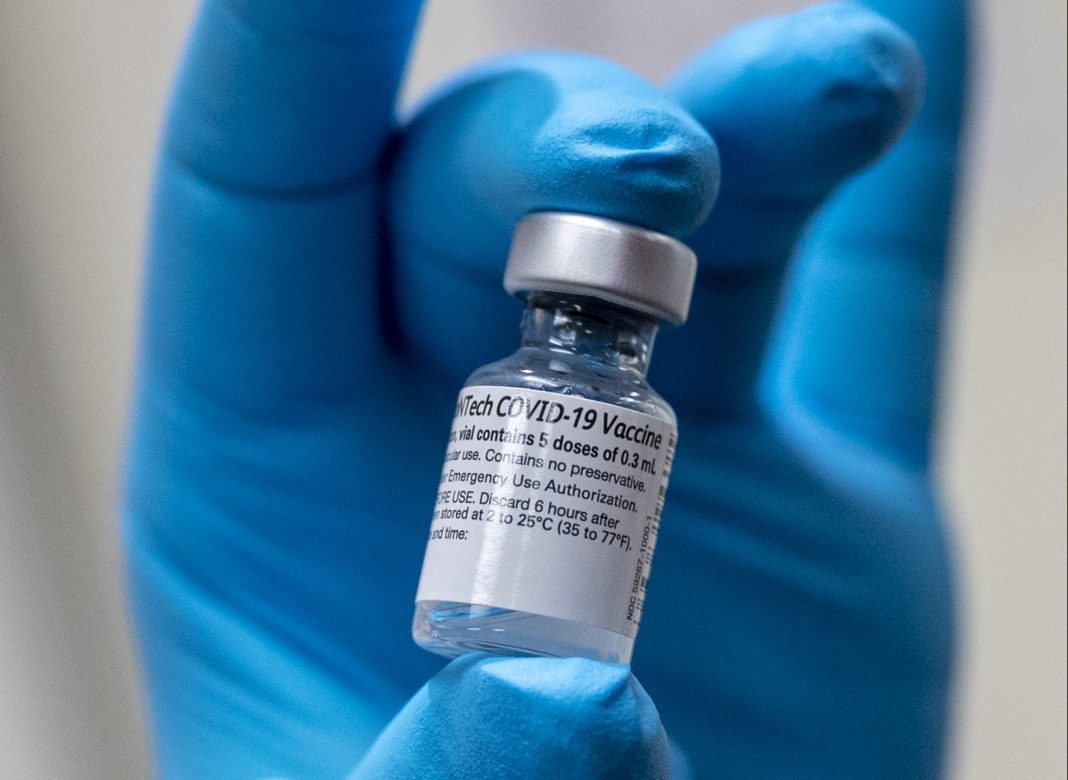Health giant Pfizer has put assets up for sale in early-stage rare disease pivot.
Pfizer informed staff earlier this month of its intention to curtail early-stage research into therapies for rare diseases, including the creation of novel viral-based gene therapies, sources revealed.
The business announced it would “externalise” the majority of its early-stage rare disease programmes in cardiology and neurology as well as its unproven gene therapy initiatives.
The Durham, North Carolina, gene therapy manufacturing facility, in which the company announced in December 2021 it would invest nearly $70 million into, is one of the assets up for sale.
However, it is still yet unclear exactly what will happen to the resources and programmes. A representative for Pfizer told Barron’s that the company might sell some, spin off other businesses as new, or look for outside partnerships.
According to the business, it may continue making strategic investments in some of the programmes.
Due to a confluence of scientific developments, commercial, and regulatory factors, the biopharma industry has recently placed a significant emphasis on rare diseases, which only affect small segments of the population.
The focus has drawn criticism from some experts who claim the industry has ignored more prevalent conditions.
The decision of Pfizer won’t have an impact on treatments for rare diseases that are further along in their pipeline of research and development, such as drugs the company is presently evaluating to treat Sickle Cell Disease, among many other diseases.
It said it will keep striking deals with biotechs to bring in later-stage rare disease programmes created by businesses other than itself.
On the other hand, the announcement also includes a reorganisation that will move the remaining early-stage rare disease programmes out of a dedicated research unit and into already-existing departments with a focus on particular therapeutic areas.
This change represents a significant shift in Pfizer’s internal early-stage research in rare diseases.
As part of the retreat, the business informed staff that it intended to “externalise” the cancer-focused R&D facility it acquired in Boulder, Colorado as part of its $11.4 billion acquisition of Array BioPharma in 2019.
The modifications do not seem to be cost-cutting measures, which Pfizer can do without as it continues to enjoy strong sales of its Covid-19 vaccines and antivirals, and in recent months has announced a number of multibillion-dollar acquisitions.
The company’s decision to stop researching traditional gene therapy, in which DNA is packaged and delivered to a patient’s cells using so-called viral vectors, as well as to close the gene therapy manufacturing facility that it had hailed as a “new state-of-the-art facility” just 13 months earlier, is a concerning sign for the technology.
“Going forward, Pfizer will de-emphasise its investment in new viral-based gene therapies and instead focus on non-viral-based gene therapies that leverage the infrastructure the company has built with [lipid nanoparticles] as part of the vaccine franchise,” a Pfizer’s spokesperson told Barron’s.
“The company will continue to explore select opportunities that align with its core therapeutic areas,” the spokesperson added.
Pfizer will keep working on its viral vector-based gene therapies for Duchenne muscular dystrophy, hemophilia A, and hemophilia B which are currently in clinical trials.







